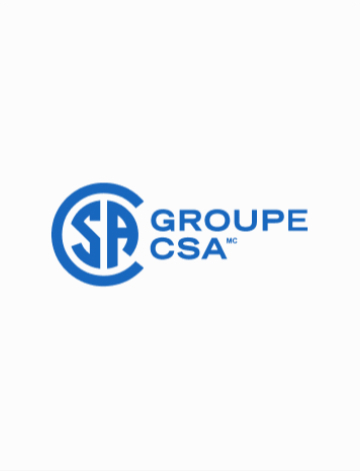Preface
This is the fourth edition of ANSI LC 1 • CSA 6.26, Fuel gas piping systems using corrugated stainless steel tubing. It supersedes the previous editions published in 2014, 2005, and 1997.
Scope
1.1
This Standard applies to fuel gas piping systems using corrugated stainless steel tubing (CSST), intended for installation in residential, commercial or industrial buildings, and including the following components as a minimum:
a) Corrugated stainless steel tubing (CSST);
b) Fittings for connection to the CSST; and
c) Striker plates (see Clause 3, Definitions) to protect the installed CSST from puncture threats.
Other components of piping systems covered by this Standard include gas manifolds, gas pressure regulators, manual gas valves, quick-disconnect devices and gas convenience outlets (see Clauses 4.3, Gas pressure regulators, 4.4, Manually operated gas valves and 4.5, Quick-disconnect devices and gas convenience outlets). If such additional components are required to complete the piping system installation, they are either provided as part of the piping system or specified in the manufacturer’s installation instructions (see Clause 4.7-m).
1.2
This Standard also applies to corrugated stainless steel piping systems in which portions of the piping are exposed to the outdoors as required to make connections to outdoor gas meters or to outdoor gas appliances, which are attached to, mounted on or located in close proximity to the building structure.
1.3
This Standard does not apply to CSST, whether coated or uncoated, intended for direct burial underground. Tubing is installed underground only when encased inside either an approved conduit or as part of an approved engineered system and in accordance with local codes and the manufacturer's instructions.
1.4
This Standard includes criteria to establish the suitability of concealed mechanical tube fittings for use with concealed gas piping (see Clause 3, Definitions).
1.5
This Standard also applies to corrugated stainless steel piping systems that are used in conjunction with other approved fuel gas piping materials.
1.6
This Standard applies to piping systems rated at either 5 psi (34.5 kPa) and intended for exposure to maximum actual operating pressures (see Clause 3, Definitions) not exceeding 6.5 psi (44.8 kPa), or rated at 25 psi (172.5 kPa) and intended for exposure to maximum actual operating pressures not exceeding 30 psi (207 kPa). The manufacturer has the option to certify its system to either pressure rating.
1.7
This Standard applies to piping systems not exceeding a size of 2 inches (50.8 mm), based on the nominal inside diameter of the tubing.
1.8
This Standard does not apply to gas connectors for appliances. These connectors are covered by the Standard for Metal Connectors for Gas Appliances, and the Standard for Connectors for Movable Gas Appliances, ANSI Z21.24 • CSA 6.10 and Z21.69 • CSA 6.16.
1.9
This Standard does not apply to piping systems intended for use with propane in the liquid state.
1.10
All references to psi throughout this Standard are to be considered gauge pressure unless otherwise specified.
1.11
If a value for measurement as given in this Standard is followed by an equivalent value in other units, the first stated value is to be regarded as the specification.
1.12
Clause 7 contains provisions that are unique to Canada.
1.13
Clause 2 contains a list of standards specifically referenced in this Standard.
1.14
In this Standard, shall Is used to express a requirement, i.e. a provision that the use shall satisfy in order to comply with the Standard; should is used to express a recommendation or that which is advised but not required; and may is used to express an option or that which is permissible within the limits of the Standard.
Notes accompanying clauses do not include requirements or alternative requirements; the purpose of a note accompanying a clause is to separate from the text explanatory or informative material.
Notes to tables and figures are considered part of the table or figure and may be written as requirements.
Annexes are designated normative (mandatory) or informative (non-mandatory) to define their application.

